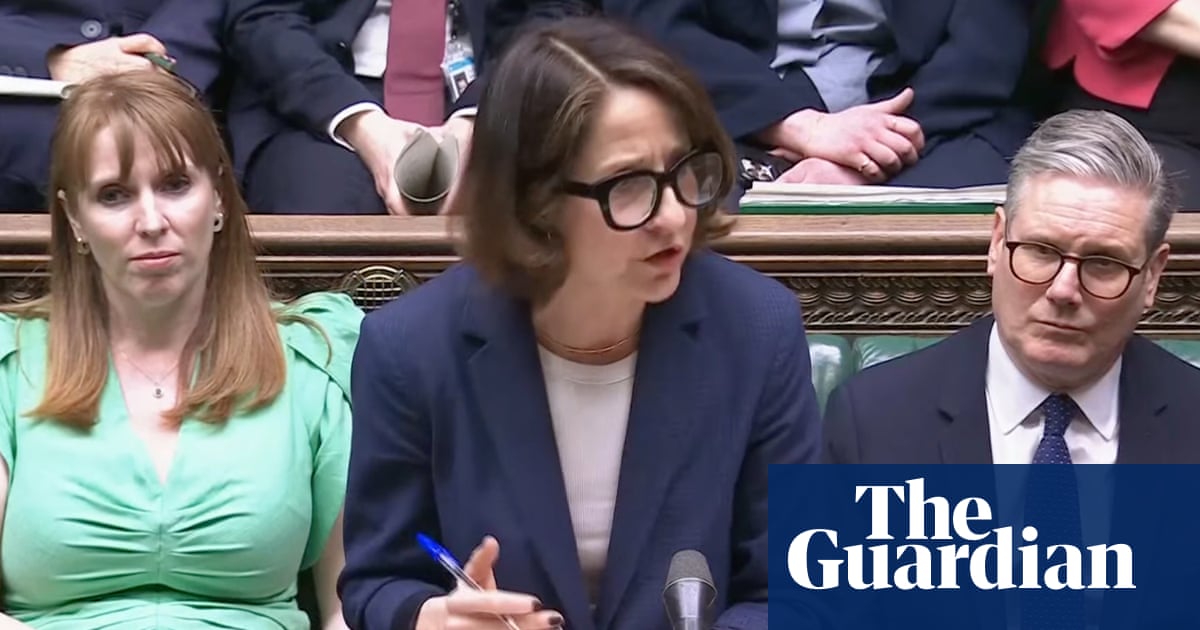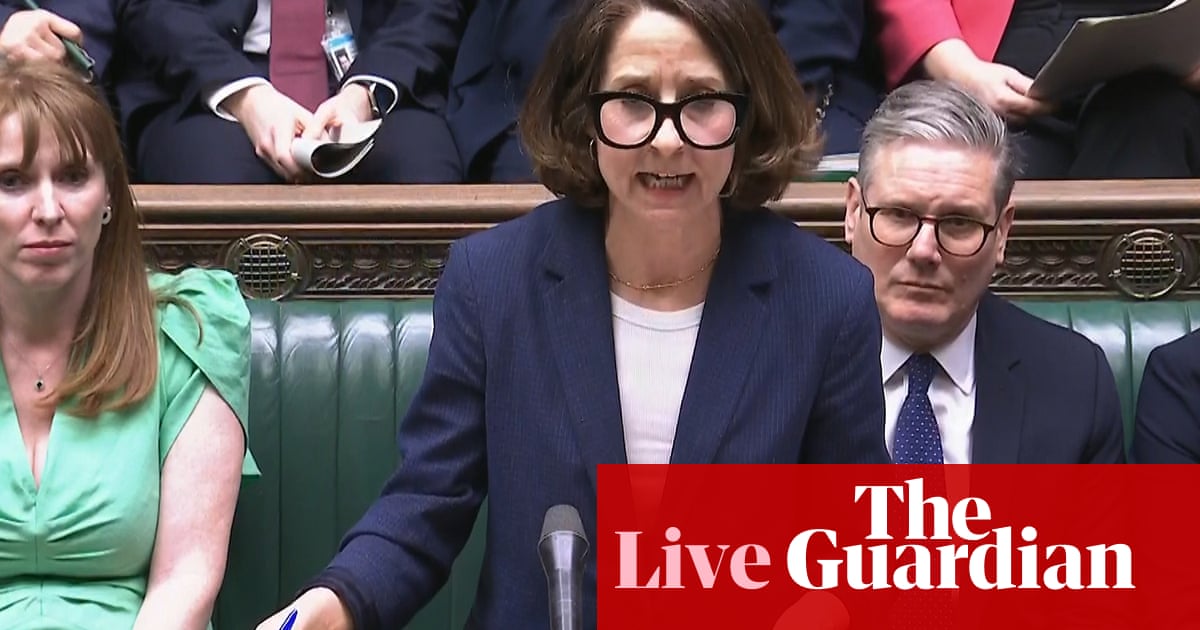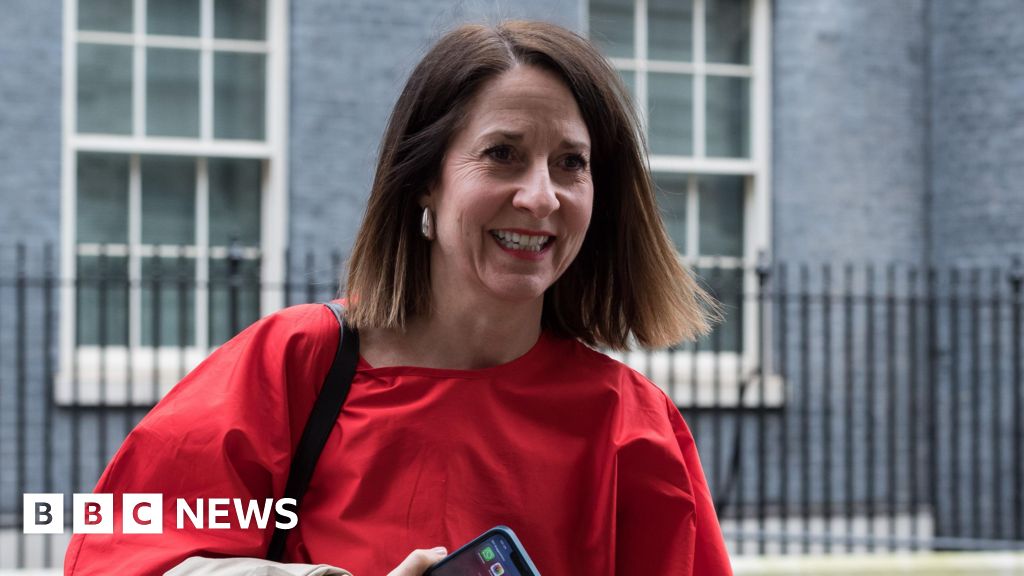UK Government Issues Controversial Reforms to Welfare System Amidst Economic Pressure
Labour Party announces welfare reforms aimed at saving £5 billion, facing backlash for hurting vulnerable groups while promising job support initiatives.
Overview
The UK government unveiled sweeping changes to the welfare system, expected to save £5 billion by 2030, including stricter eligibility criteria for Personal Independence Payments (PIP). Work and Pensions Secretary Liz Kendall stated reforms are necessary to help individuals currently "written off" find work, but critics, including disability advocates, warn these changes will disproportionately affect the severely disabled. The government plans to discontinue work capability assessments by 2028, while reallocating funds to support young workers. With an expected rise in universal credit benefits, concerns remain regarding the long-term impact on vulnerable populations amid rising economic pressures.
Content generated by AI—learn more or report issue.

Get both sides in 5 minutes with our daily newsletter.
Analysis
- The government is considering changes to Personal Independence Payments (PIP) to cut welfare spending as the number of claimants has risen significantly, prompting a debate over eligibility criteria and support for the disabled.
- Charities and MPs are concerned that tightening rules around PIP could adversely affect vulnerable individuals who rely on this support for daily living and mobility tasks.
- The push for reform is seen as necessary to manage the rising costs of disability benefits, projected to increase substantially in the coming years, highlighting the need for balance between fiscal responsibility and support for those in need.
Articles (10)
Center (5)
FAQ
The main goals are to save £5 billion by 2030, reduce the welfare bill, and encourage more people to work by introducing incentives and changing benefit eligibility criteria.
The reforms will tighten eligibility criteria for PIP, potentially making it harder for people to qualify for and maintain these benefits.
Universal Credit will see an above-inflation increase, and work capability assessments will be scrapped by 2028. The health element of Universal Credit will be adjusted, with new claimants receiving a reduced amount.
Critics argue that the reforms will disproportionately harm vulnerable groups, such as the severely disabled, by reducing their benefits and making it harder for them to access support.
History
- 3M
 2 articles
2 articles
- 4M

 3 articles
3 articles








